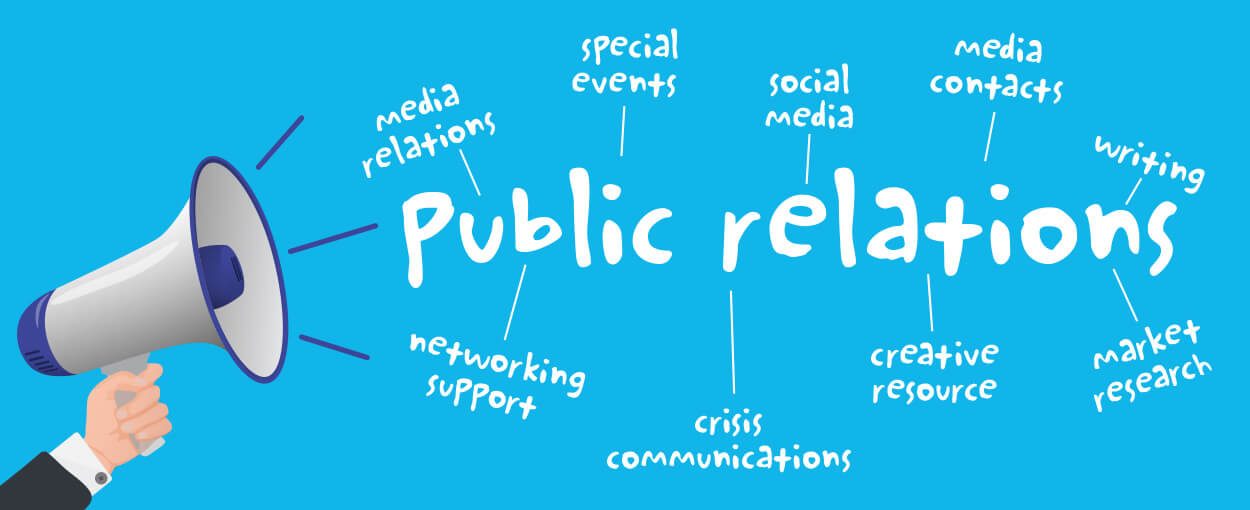In a world of sharing constant information, the line between social media PR and marketing is often blurred. It’s no doubt that they are two different types of consumer engagement. However, there is also a fine line between an engaging social media marketing campaign and a successful PR campaign. In another word, these activities collaboratively complement each other, but cannot be considered the same thing.
In this guide, we will go through what social media PR is, and how it’s different from social media marketing. Then you will know how it can help your Instagram marketing. Let’s dive in!
What Is Social Media PR?
Social media PR (Public relations) can be defined as the effort of PR professionals to shape audiences’ views of a brand by gaining awareness and interest. In the past, you would wholly pay attention to picking up the phone and try to persuade a reporter to write about your topic. These days, there are tons of tactics that PR professionals should you to get attention.
Let’s look at these examples of effective social media PR activities in today’s cluttered media landscape.
No matter what tactic you use to drive interest, it’s no doubt that what works on social media won’t need to work for gaining engagement. You should develop a social media PR campaign that focuses on how to stand out among the crowd while fostering social media content development.
The Differences Between Social Media Marketing and PR
Social Marketing Targets A Much Larger Audience
The most noticeable difference between social media marketing and social media PR is the scope of one’s effort. In social media PR, businesses focus on establishing and maintaining relationships with a few people, including influential clients, groups of investors, or business partners,… Social media targets a much larger audience than that.
PR Needs An Angle, Social Marketing Needs A Voice
The fact that the majority of PR pitches are centered on an angle. They try to deliver a specific message and it is an important thing for a company. So, to get that message across and sound not too “salesy”, they usually tend to couch what they are saying in a kind of commentaries.
With social media marketing, they want their brands to have a voice. They want to put a human face and personality to their brands on social media. That voice needs to be consistent, so they can maintain a cohesive picture of the business it represents.
Social Marketing Is Much More Active Than PR
Social media PR is generally a passive pursuit. Of course, you can send out announcements, get in touch with your mailing lists, and advertise your posts,… However, people will consume the content you put out passively. They don’t engage with it in the same manner as they do on social media platforms.
Meanwhile, social media marketing is all about engaging with customers, both current and prospective. Businesses should provide people with valuable advice, resources, tools, or something to entertain with. As such, your customers will engage with you. Of course, they are not going to stick around if all you do is spout sales copy.
Social Media Marketing Requires A Sustained Effort
Social marketing is “a slow build.” It’s something you actively sustain over a long period; something that requires a consistent, active effort to develop and maintain. It isn’t something that can just be turned off or ignored
“PR is certainly best when it’s also a sustained effort so that writers and editors get to know a brand and use them as a go-to resource year-round,” Schwab admits. “But it’s also pretty easy to jump in and out of to promote a company at key periods or for product launches. If you turn social platforms on and off like that, you’re going to look like you’re uncommitted to those channels – you’ll lose followers/fans and have a hard time attracting new ones as a result.
Social Marketing Is Directly Measurable
It’s easier to establish ROI on one’s efforts through social media because you can measure pretty much everything associated with your campaign on social media. You can check correlations, for example, an increase in the traffic rate after using influencer marketing but ultimately PR’s metrics tend to be a bit more complex than those associated with social marketing.
Social Marketing Is Better At Fostering Trust
It’s hard to generate buzz amidst an atmosphere of mistrust with a PR campaign.
In contrast with social media, where most consumers trust other consumers. They believe in reviews from an influencer, recommendations from their friends on Facebook, and advice from independent reviewers in communities like Tumblr.
It’s not a surprise for brands that fumble social marketing pretty thoroughly.
The Overlap Between Social Media and PR Marketing
The place that these two marketing tactics meet is at the heart of any business goal: elevation of the brand to drive customer interest and engagement. A collaboration of PR and social media marketing will help businesses achieve their goals by driving awareness, motivating consumers to engage with the company, and maintaining the connection.
In the end, the traditional uses of social media PR and social media marketing have adapted over time and continue to expand in response to a fast-paced business landscape. Then, the smartest way to boost your business and expand your social media and PR strategies to meet your goal is that you should create unique, collaborative, and flexible marketing plans.
Final Thoughts
There are plenty of similarities to be found between social marketing and PR. Both deal with relationship management to a degree. Both are concerned with generating buzz about a business or brand. However, social media marketing operates on a much larger scale than PR. It focuses more on conversation and needs both a consistent personality and a sustained effort. Social marketing is also more active and measurable.
As such, if you are trying to be successful on social media, finding a way to effectively collaborate social media marketing and PR will be necessary!
Hope this guide helps you with your social media strategies!



